Verdict
The seven-speed auto doesn't really fit with the Puma's sporty character, and we'd only recommend it if you must have a self shifter. Instead, pocket the saving by going for the more involving, quicker and more efficient manual model. Adding Vignale extras to ST-Line X spec seems an extravagance, too, unless you really need all the creature comforts it provides.
While the new Ford Puma ST is winning plaudits with hot hatch-style entertainment, at launch it only comes with a manual gearbox. If you're after a Puma that takes the strain out of driving by shifting the gears for you, then you need to look at the standard range, specifically the 123bhp EcoBoost turbo petrol, which can be had with a seven-speed auto.
Of course, this three-cylinder motor can't deliver the kind of pace that the ST has, but go for this engine in top-spec ST-Line Vignale trim, and the price is pretty punchy. It's the most expensive non-ST Puma in the range at £26,940, which is only £1,555 less than the hot model. It's also £1,650 more than ST-Line X trim, and for that you get a decent haul of extra kit.
There's a new 18-inch wheel design, LED headlights with a different running light signature, extra chrome on the grille and bodywork, lots of extra leather inside, including plush heated seats with lumbar massage, a heated steering wheel, front parking sensors and keyless entry. The exterior updates are subtle - you really need to park a Vignale side-by-side with an ST Line X to spot them – but the seats do feel comfortable to sit in. It has a sporty feel, too, because while the Puma has SUV-inspired looks, the driving position isn't really any taller than a supermini's.
On the road, the Puma feels remarkably supermini-like to drive, too. There's a touch more body roll, but it's by no means wallowy, and while the steering is direct and the handling on the sporty side, there's no real feedback through the wheel. The ride is also a little fidgety at low speeds on 18-inch wheels, so we'd recommend steering clear of the optional 19-inch wheels that are available. Things smooth out the faster you go, though.
While the seven-speed auto helps to take the strain out of motorway cruising, at lower speeds it can be frustrating. When pulling away, the electronics are eager to short shift to a high gear as quickly as possible, but this seems to take the engine out of its power band as the revs drop, so the Puma feels sluggish around town. It's also rather jerky in its shifts, and doesn't make for smooth progress.
There are steering wheel paddles that allow you to take manual control of the shifts, and when you do, the gearbox is easier to manage - let the engine revs climb before you change up, and the Puma is far smoother to drive. However, that seems to be the antithesis of choosing an auto in the first place.
from Sitewide RSS feed https://ift.tt/3fJk1ao
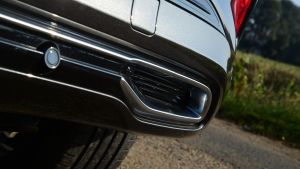
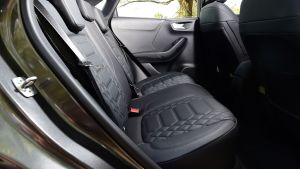
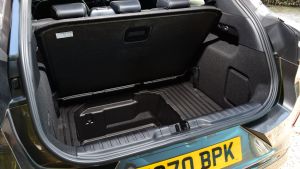
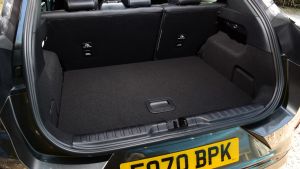
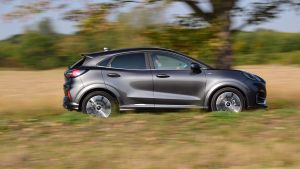
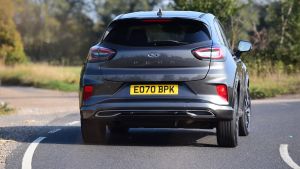
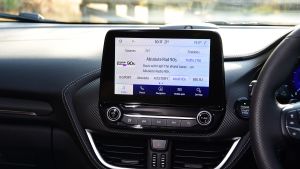
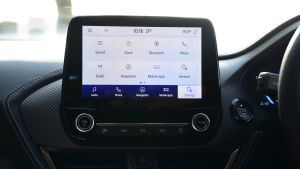
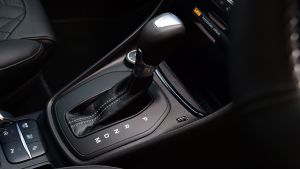
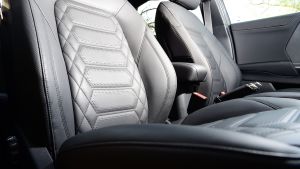

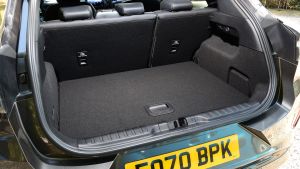
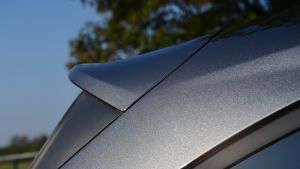
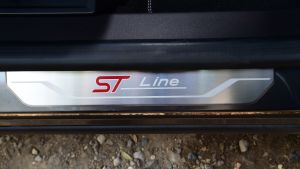
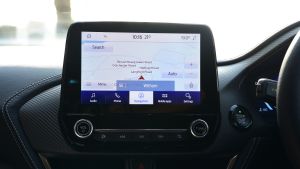
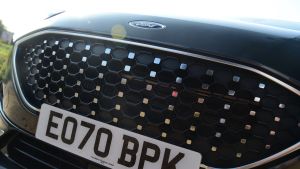
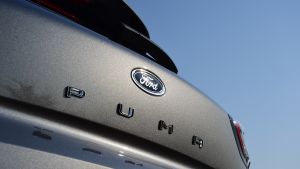

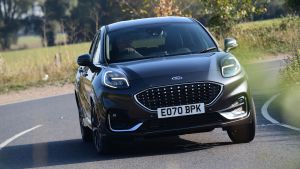
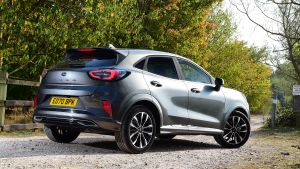
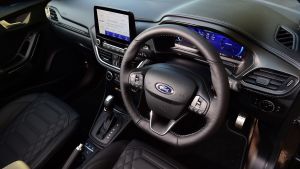
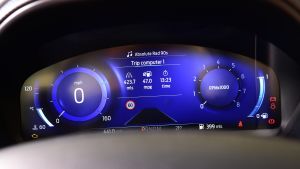
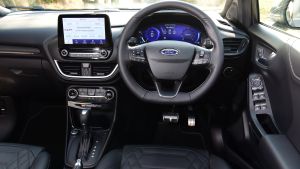
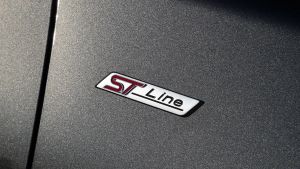
No comments:
Post a Comment